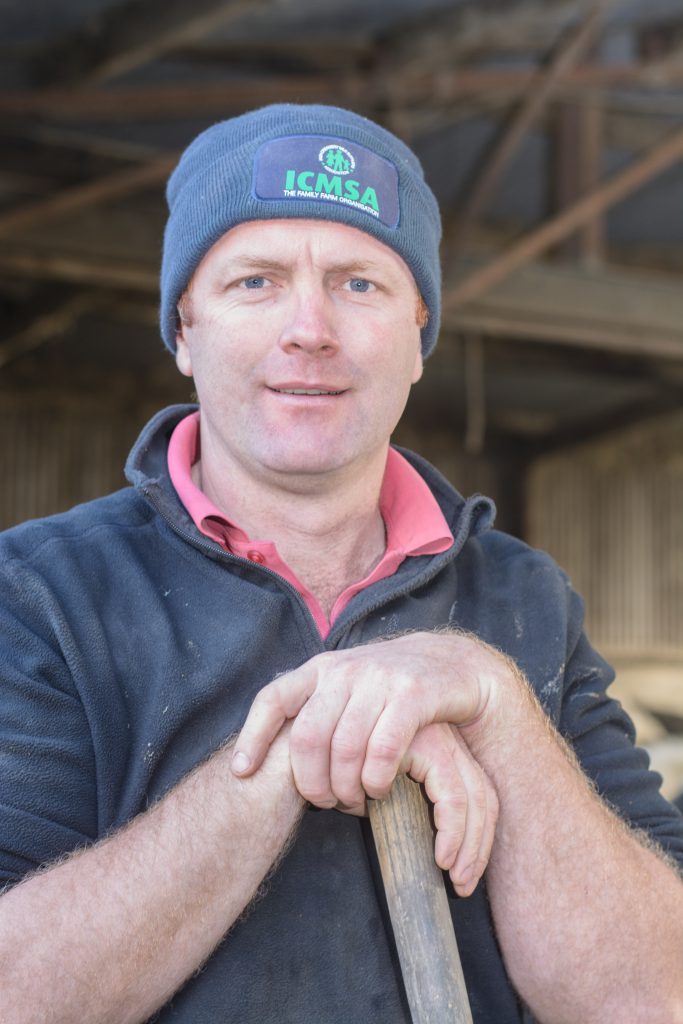There are growing concerns among farmers in relation to the impact of proposed land rewetting schemes according to the Irish Creamery Milk Suppliers’ Association (ICMSA).
The representative group has said that these concerns will have to be fully addressed before the schemes proceed.
Chairperson of ICMSA’s Farm & Rural Affairs Committee Denis Drennan said:
“The question farmers are asking is very simple and needs to be answered immediately; if a landowner participates in a land rewetting scheme and it results in drainage issues on other neighbouring farms, what is the plan for the relevant state agencies to address such issues?
There is a huge fear amongst farm families who have invested heavily and worked hard over many generations to improve the productivity of their land, that their land will undermined by neighbouring farms entering into these proposed rewetting schemes.
“The damage this would do to income generation capacity is desperately unfair and unacceptable,” he said.
Potential consequences of rewetting
The ICMSA said that in many cases, generations of farmers have been maintaining and draining their families’ lands and could now see that reversed through someone else’s decision to participate in government funded land rewetting.
“It’s obviously unfair and ICMSA wants to know what the government – whose scheme this is – intends doing about the distinct possibility that rewetting of an individual participating farm could have incredibly adverse consequences for neighbouring non-participating farms,” said Drennan.
“Put simply, if they cannot guarantee that adjoining landowners will not be protected, such schemes simply cannot proceed,” added Drennan.
“Making an income from farming is difficult enough and a clear policy needs to be set out by government on this matter with full consultation with the relevant stakeholders before these schemes proceed to implementation stage,” concluded Drennan.

